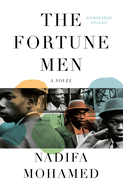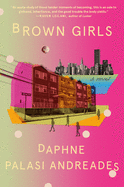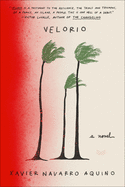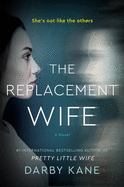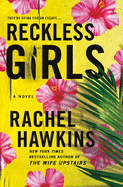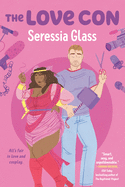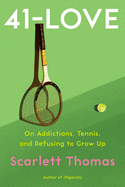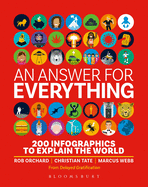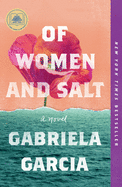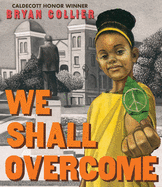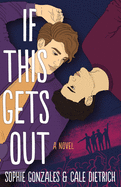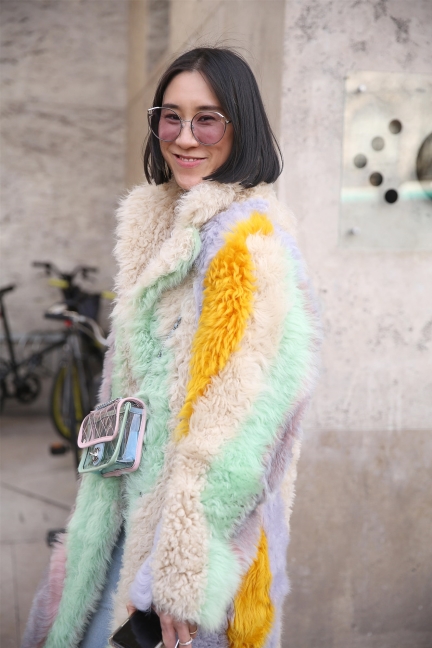 |
Eva Chen
(photo: Leo Faria) |
|
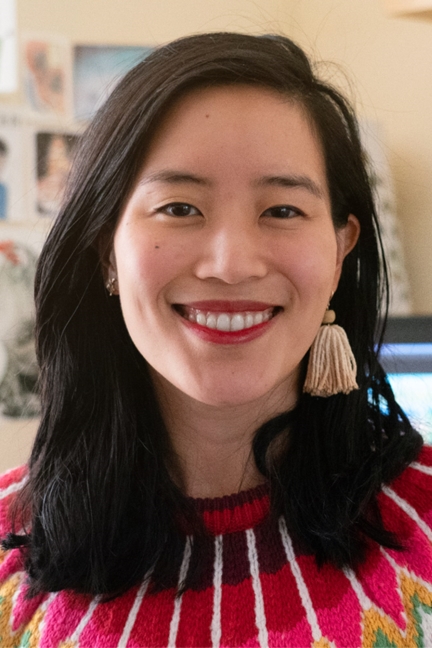 |
Sophie Diao
(photo: Jake Hubert) |
|
Eva Chen and Sophie Diao have yet to meet in real life, but they already share important commonalities: both are American daughters of Chinese immigrants, both have multiple book credits, and both are multi-tasking multi-talents. Chen is a children's author (Juno Valentine and the Magical Shoes) and is head of fashion partnerships at Instagram, and Diao (I Am the Wind) is an illustrator and creator of Google Doodles. Their picture book I Am Golden was just published by Feiwel & Friends. Here they get together virtually to talk about parallels in their lives and in their art.
I Am Golden is your first collaboration--how did that come about? You've both published picture books with other creators; what was this working process like?
Eva Chen: This book came together super quickly from a tiny seed of an idea. It came about during a time of incredible conflict for the AAPI community--Covid, the Atlanta shootings--and I wanted to write a book to celebrate the experience of being Chinese American, the strength of the immigrant story and the joy to be found in being yourself.
I wanted a more poetic style and, as usual, I turned to Instagram to be inspired. I had stumbled upon Sophie's Instagram, and I sent her page to my team at Macmillan and said, "she [is] the one!" We collaborated using Instagram, Zoom and text, and it felt really effortless.
Sophie Diao: This was my third picture book, and the first time I worked with the author directly from the beginning! Right after I got the manuscript, Eva and I hopped on a video call. I learned about her inspiration for writing the book and her experience growing up as a daughter of Chinese immigrants in America, which was very similar to my own experience. I saw a lot of myself in Mei. Right after our call, I got to work sketching character designs for Mei, including options for her haircut (styled and sheared by her mom at home, of course) and her outfit (based on the denim overalls that were a standard in my, and I think also Eva's, elementary school wardrobe). The book came together very swiftly, so being able to communicate quickly with Eva and the team was crucial. In the end, I'm super happy with how our collaboration turned out!
You have such interesting day jobs: Eva, you're director of fashion partnerships at Instagram (and creator of the "Baby Giraffe" pose!); Sophie, you're an illustrator and create Google Doodles. What inspired you to add bookmaking to your many accomplishments?
Chen: I grew up experiencing the world through books. If you asked me when I was seven what I wanted to be when I grew up, I would've said an author and illustrator. The latter, for sure, will not happen. When I had my daughter, I spent a LOT of time reading children's books. There were several wonderful books focused on empowerment and feminism, but I thought there was a way to marry fashion into it as well--and Juno Valentine was born. Since Juno, I've written eight books total. Writing children's books sparks so much joy for me.
Diao: I was a very shy, introverted kid who moved around a LOT--I went to six different elementary schools. I didn't have the same friends or environment to ground me in my childhood, so I turned to books and drawing, which I could bring with me no matter where I went. I think this is why I've always been so fascinated with picture books and why I was so keen to illustrate and maybe even write my own. Another great thing about picture books is how tactile they are--the feel and smell of the pages, the excitement of cracking open the cover and seeing what's inside. Each page turn is a moment of suspense, and it's something you don't always get anymore in a world where everything (including Google Doodles) is digital!
You've both talked about the power of books growing up. What do you hope your young audiences will take away from reading this book?
Chen: Like Sophie, I found comfort in books as a young child because I felt like a stranger who lived in between worlds. My parents are immigrants and we spoke only Chinese at home, I spent my weekends in Flushing, Queens, and spent time with cousins and family instead of on playdates with friends. And like many kids in the '80s and '90s, when there was less awareness, less diversity, fewer hard conversations... ignorant kids bullied me. That stuck with me all the way until now! In writing this book, I wanted to create something that will celebrate children, help them feel the joy of being uniquely themselves as well as make them beautiful and strong.
Diao: Something I really love about the book is the voice in which it's narrated: from a proud, hopeful parent to their beloved child. My parents learned English when they arrived in America, and my Chinese is not amazing (despite my parents' best efforts), so the language barrier was always a big obstacle when I was growing up. I would watch American TV shows and see these beautiful, tight-knit families where Mom and Dad would sit down with their kids and say, "I love you," and everyone would talk deeply about their feelings. As a result, I felt like that was something I was missing--but I think for many parent/child relationships with a language barrier, the way in which love is shown is much more action and service-oriented. Reading this book and hearing the strong and clear hopes the parents have for their child, I can really put myself in my parents' shoes and start to understand what they might have been thinking and feeling when they were raising me and my brother. I hope that this book provides that same moment of clarity and understanding for other kids--maybe there's a language barrier at home, or maybe it's just hard to talk about feelings--and helps them to really know that they are special and loved.
Eva writes in her author's note about the terrifying rise of anti-Asian violence during this pandemic. How are you both coping as Asian Americans out in the world?
Chen: Yes, it was a tough year, to be totally frank. On top of being in lockdown with two young children and struggling with the travails of homeschooling (I have so much empathy for teachers who had to teach online, the Herculean efforts!), I was worried immediately when I heard that people were calling it the "China Virus." I thought there could be a rise in hate crimes related to Covid and I asked my parents--who are elderly and Chinese and therefore the group most easily victimized--to disguise their "Asian-ness." Which is so sad. I remember being in a store buying bread. Someone saw me and said something derogatory... the rage I felt. Writing this book has helped with turning the narrative of fear or confusion to empowerment.
Diao: It has been very eye-opening to see how quickly the veneer of politeness can drop and fear can step in. My extended family is still in China, so we would frequently get worried messages from them in WeChat telling us to be careful, to stay inside, to protect ourselves. Like Eva mentioned earlier, this book was written in the aftermath of a horrific rise in anti-Asian violence; we've had to face the uncomfortable truth that in some people's minds, we're other, less than. We can't fold, though--we need to be strong, stand up for ourselves and not accept anything less than we deserve. As a child, I spent many years living in communities where I was the only Asian kid and I tried to erase my identity to blend in. Eventually I moved to the Bay Area and was surrounded by other children of Asian immigrants, and I was blown away; over the years since, I've learned not only to be okay with my Chineseness, but to be proud of it, to talk about it openly and find joy in it. That feeling really peaked when I was illustrating this book. --Terry Hong
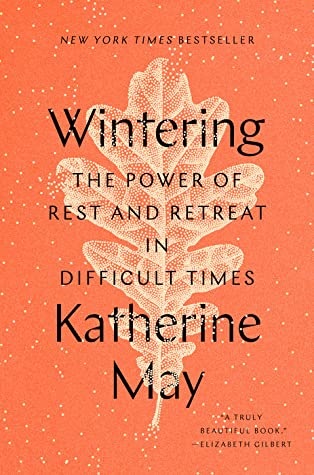 Amidst short cold days and longer, colder nights, I've been thinking about what winter can teach us--what Katherine May calls on us to notice in her contemplative and powerful book Wintering: The Power of Rest and Retreat in Difficult Times (Riverhead, $24). "We have seasons when we flourish," she writes, "and seasons when the leaves fall from us, revealing our bare bones." May's use of "wintering" is somewhat metaphorical, but winters, be they emotional or seasonal, call on us to slow down, redefine our concept of time (and what we do with it), get more sleep and rest.
Amidst short cold days and longer, colder nights, I've been thinking about what winter can teach us--what Katherine May calls on us to notice in her contemplative and powerful book Wintering: The Power of Rest and Retreat in Difficult Times (Riverhead, $24). "We have seasons when we flourish," she writes, "and seasons when the leaves fall from us, revealing our bare bones." May's use of "wintering" is somewhat metaphorical, but winters, be they emotional or seasonal, call on us to slow down, redefine our concept of time (and what we do with it), get more sleep and rest.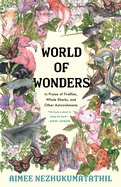 While the ways of the modern world don't allow for full hibernation--my kid still needs to eat, even when it's cold out, and my inbox still pings with new messages, even when I'm tired--I've been heeding May's call to be slow in this season, to rethink how I use my time, and what that means. I'm re-reading the six contemplative essays in Zadie Smith's deceptively slim collection, Intimations (Penguin, $10.95), and thinking of what nature can teach us via Aimee Nezhukumatathil's World of Wonders (Milkweed, $25). I keep coming back to "Last Days" in Mary Oliver's Devotions (Penguin, $20): "Things are/ changing; things are starting to/ spin, snap, fly off into."
While the ways of the modern world don't allow for full hibernation--my kid still needs to eat, even when it's cold out, and my inbox still pings with new messages, even when I'm tired--I've been heeding May's call to be slow in this season, to rethink how I use my time, and what that means. I'm re-reading the six contemplative essays in Zadie Smith's deceptively slim collection, Intimations (Penguin, $10.95), and thinking of what nature can teach us via Aimee Nezhukumatathil's World of Wonders (Milkweed, $25). I keep coming back to "Last Days" in Mary Oliver's Devotions (Penguin, $20): "Things are/ changing; things are starting to/ spin, snap, fly off into."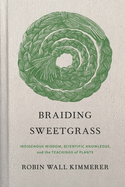 In the much-lauded Braiding Sweetgrass by Robin Wall Kimmerer (Milkweed, $35), I was again reminded of what it might mean to winter differently: "In winter when the green earth lies resting beneath a blanket of snow, this is the time for storytelling." What stories are we telling ourselves about this moment? And what stories might we hear if we slow down long enough to listen? --Kerry McHugh, freelance writer
In the much-lauded Braiding Sweetgrass by Robin Wall Kimmerer (Milkweed, $35), I was again reminded of what it might mean to winter differently: "In winter when the green earth lies resting beneath a blanket of snow, this is the time for storytelling." What stories are we telling ourselves about this moment? And what stories might we hear if we slow down long enough to listen? --Kerry McHugh, freelance writer


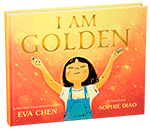



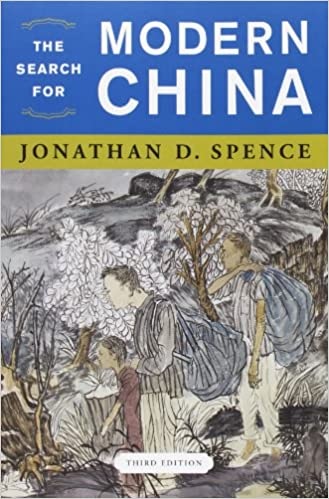 Jonathan Spence, an English-born American scholar and author specializing in Chinese history whose most popular book, The Search for Modern China, was based on a course he taught at Yale University, died December 25 at age 85. He wrote reviews, essays and more than a dozen books on China, particularly in his areas of expertise: the Qing dynasty, modern China and relations between China and the West. Spence often used biographies to examine wider cultural trends and explored the ways many Western attempts to change China have been frustrated. He taught at Yale for nearly 40 years, including as Sterling Professor of History from 1993 until his retirement in 2008. He was president of the American Historical Association between 2004 and 2005, received numerous honorary degrees from institutions in the U.S. and China, was named a MacArthur Fellow in 1988, and in 2010 delivered the annual Jefferson Lecture at the Library of Congress, which, according to the National Endowment for the Humanities, is "the highest honor the federal government confers for distinguished intellectual achievement in the humanities."
Jonathan Spence, an English-born American scholar and author specializing in Chinese history whose most popular book, The Search for Modern China, was based on a course he taught at Yale University, died December 25 at age 85. He wrote reviews, essays and more than a dozen books on China, particularly in his areas of expertise: the Qing dynasty, modern China and relations between China and the West. Spence often used biographies to examine wider cultural trends and explored the ways many Western attempts to change China have been frustrated. He taught at Yale for nearly 40 years, including as Sterling Professor of History from 1993 until his retirement in 2008. He was president of the American Historical Association between 2004 and 2005, received numerous honorary degrees from institutions in the U.S. and China, was named a MacArthur Fellow in 1988, and in 2010 delivered the annual Jefferson Lecture at the Library of Congress, which, according to the National Endowment for the Humanities, is "the highest honor the federal government confers for distinguished intellectual achievement in the humanities."